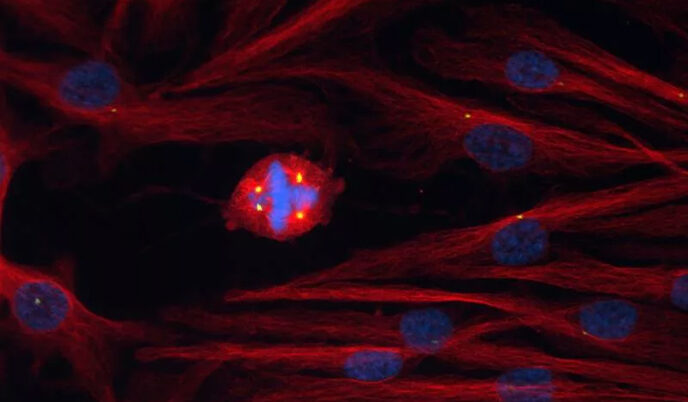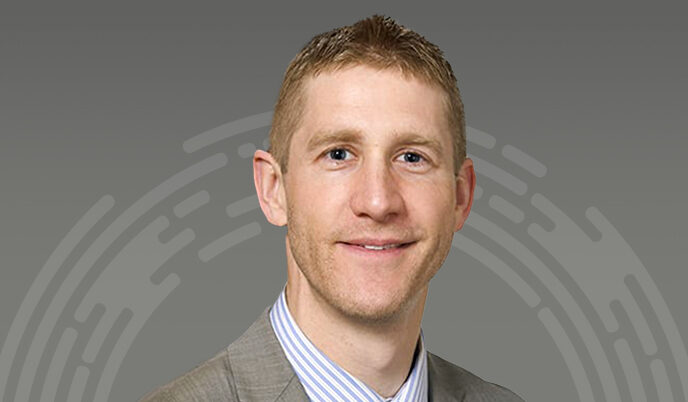
Researchers probe cell division defects to gain insight into cancer
From bugs to plants to animals, for all living things to grow they must create more cells.

Study: risk-based breast cancer screenings lack predictive value
Starting breast-cancer screenings based on personal risk factors instead of age in women 40-49 years of age may significantly delay the detection of some early-stage breast cancers while also decreasing the number of false-positive mammograms and biopsies that reveal growths that are benign, according to new research from the University of Wisconsin School of Medicine and Public Health.

UW study provides potential treatment strategy for aggressive lymphoma
A research team at the University of Wisconsin Carbone Cancer Center has found a new tumor-causing mechanism that contributes to the development of the most common form of non-Hodgkin lymphoma.

13 Carbone Cancer Center researchers earn prestigious campus and national awards
Thirteen University of Wisconsin Carbone Cancer Center researchers have earned prestigious campus honors. The awards were announced in early May.

Carbone Cancer Center members take new leadership roles
Four members of the University of Wisconsin Carbone Cancer Center have been named to new leadership roles.

Personalized in vitro model enables drug screening for kidney cancer
One way to treat the most common type of kidney cancer is to use antiangiogenic drugs to cut off the blood supply to the tumors, but patients respond differently to the drugs, and choosing the wrong one can make the cancer grow faster.

The Ride funds $365,000 in research at Carbone Cancer Center
On a beautiful September Sunday, hundreds of bicyclists pedaled the roads of eastern Dane County on The Ride to raise money for cancer research.

First Carbone Cancer Center patient receives experimental therapy to prevent infections during chemotherapy
Michael Toelle, superintendent of the Tomorrow River Schools, recently became the first patient at the University of Wisconsin Carbone Cancer Center to be infused with an experimental cellular therapy designed to prevent infections in leukemia patients.

Wisconsin researchers well-represented at international radiation oncology conference
The 60th annual meeting of the American Society for Radiation Oncology (ASTRO), the world’s premier radiation oncology society, got underway this week in San Antonio, Texas, with a strong Wisconsin presence.

Breast cancer expert Kari Wisinski joins Big Ten research leadership
Kari Wisinski, MD, a breast cancer specialist with the University of Wisconsin Carbone Cancer Center, has been named to the steering committee of the Big Ten Cancer Research Consortium.

Mutations in key blood cell protein disrupt development, predispose to leukemia
When a key gene in blood cell development, GATA-2, is mutated, it causes a predisposition to the development of acute myeloid leukemia (AML), and the changes in GATA-2 were believed to diminish its protein function.

Sean Ronnekleiv-Kelly earns 2018 Carbone Young Investigator Award
Sean Ronnekleiv-Kelly, MD, a surgical oncologist with the UW Carbone Cancer Center and Department of Surgery, has been awarded the 2018 Paul P. Carbone Young Investigator Award to study causes of and treatments for pancreatic cancer. He joined UW Carbone in 2017.